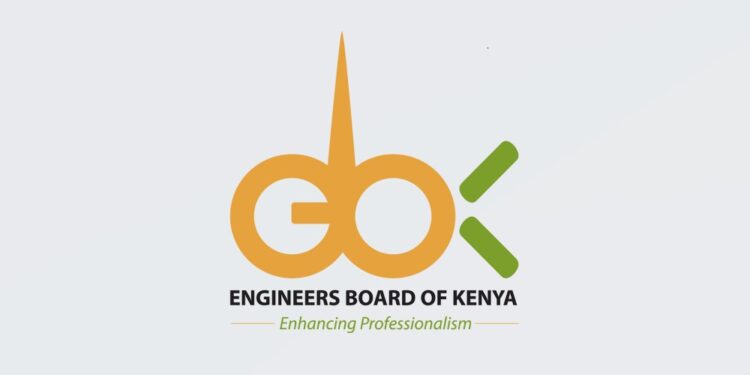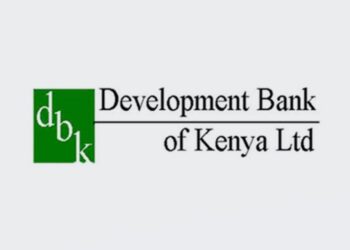The Engineers Board of Kenya (EBK) is a statutory body established under Section 3(1) of the Engineers Act. The Board has the overall mandate of developing and regulating engineering practice in Kenya. The Board is tasked with the responsibility of regulating standards in the engineering profession and building capacity for individual engineers and engineering firms. The Board also registers engineers and engineering firms and regulates their conduct for improved performance of the engineering profession.
Mandate of the Engineers Board of Kenya (EBK)
The mandate of the Engineers Board of Kenya is derived from the core functions as set out in the Engineers Act. The mandate of EBK is:
- Registration of engineers and engineering consulting firms.
- Regulation of engineering professional services.
- Setting of engineering standards.
- Development of the general practice of engineering.
- Training and capacity development.
Functions of the Engineers Board of Kenya (EBK)
The Engineers Board of Kenya functions are conferred to the Board by the Engineers Act. The functions of EBK are:
- Receive, consider, make decisions on applications for registration and register approved applications.
- Keep and maintain the Register.
- Publish the names of registered and licensed persons under the Act.
- Issue licenses to qualified persons under the provisions of the Act.
- Publish and disseminate materials relating to its work and activities.
- Carry out inquiries on matters pertaining to registration of engineers and practice of engineering.
- Enter and inspect sites where construction, installation, erection, alteration, renovation, maintenance, processing or manufacturing works are in progress for the purpose of verifying that:
- Professional engineering services and works are undertaken by registered persons under the Act.
- Standards and professional ethics and relevant health and safety aspects are observed.
- Assess, approve or reject engineering qualifications of foreign persons intending to offer professional engineering services or works.
- Evaluate other engineering programmes both local and foreign for recognition by the Board.
- Enter and inspect business premises for verification purposes or for monitoring professional engineering works services and goods rendered by professional engineers.
- Instruct, direct or order the suspension of any professional engineering services works, projects, installation process or any other engineering works, which are done without meeting the set out standards.
- Approve and accredit engineering programs in public and private universities and other tertiary level educational institutions offering education in engineering.
- Set standards for engineers in management, marketing, professional ethics, environmental issues, safety, legal matters or any other relevant field.
- Prepare detailed curriculum for registration of engineers and conduct professional examinations for the purposes of registration.
- Establish a school of engineering and provide facilities and opportunities for learning, professional exposure and skills acquisition, and cause continuing professional development programmes for engineers to be held.
- Establish the Kenya Academy of Engineering and Technology whose purpose shall be to advise the National and the County Governments on policy matters relating to engineering and technology.
- Plan, arrange, co-ordinate and oversee continuing professional training and development and facilitate internship of graduate engineers.
- Collaborate with engineering training institutions, professional associations, engineering organizations and other relevant bodies in matters relating to training and professional development of engineers.
- Determine the fees to be charged by professional engineers and firms for professional engineering services rendered from time to time.
- Hear and determine disputes relating to professional conduct or ethics of engineers.
- Develop, maintain and enforce the code of ethics for engineers and regulate the conduct and ethics of the engineering profession in general.
- Determine and define disciplines of engineering recognized under the Act.
- Conduct recruitment of staff of the Board through a competitive process.
- Carry out such other functions related to the implementation of the Act.


































































































































































































